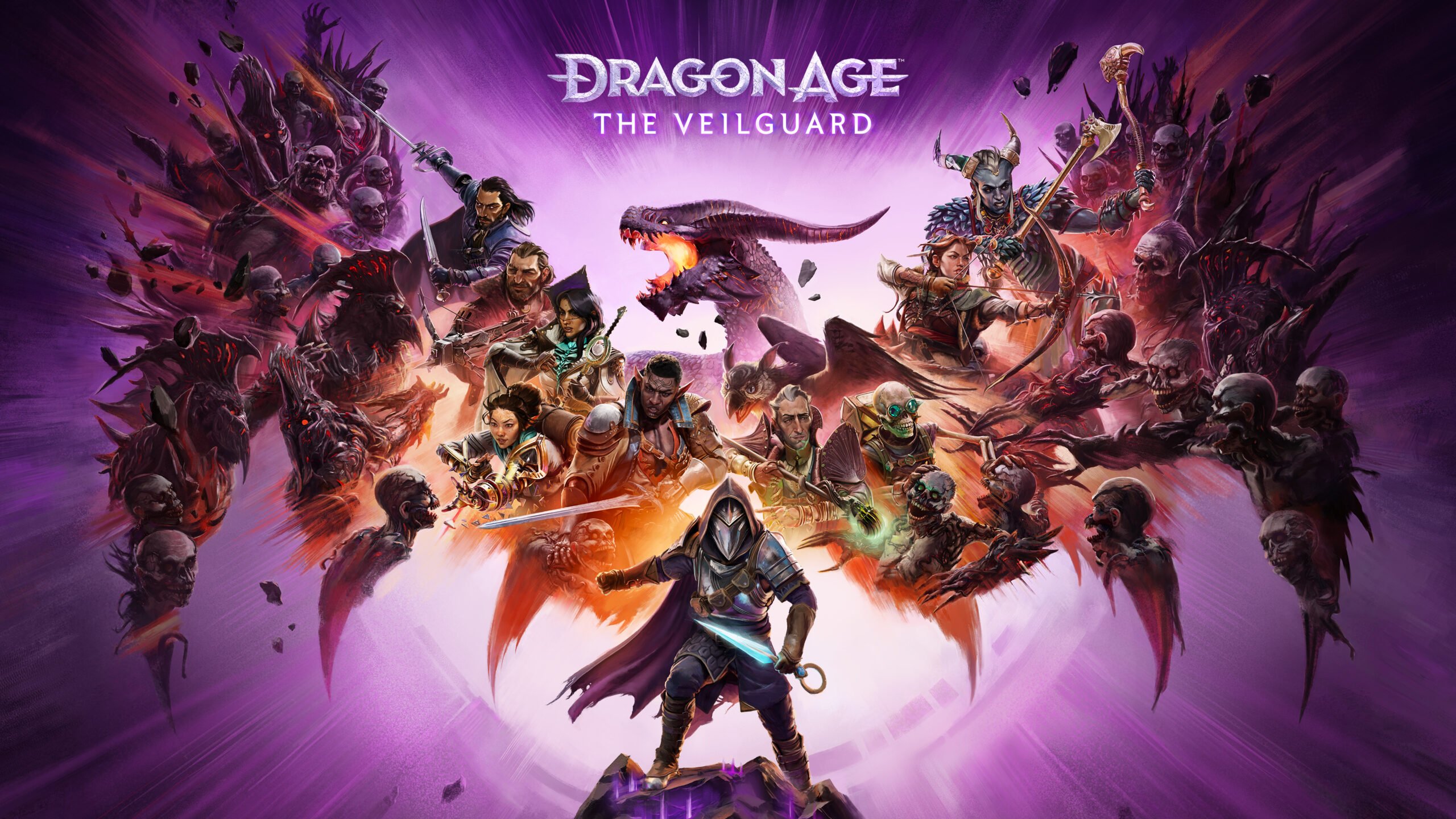We know that Ubisoft places particular emphasis on virtual reality. However, not everything always goes as planned, as we can see from a recent statement.
For many years, Ubisoft has been enthusiastic about the idea of developing virtual reality projects. This leads to either the announcement of the projects themselves or a series of declarations. Unfortunately, desire is not enough, and sometimes it happens that the public does not follow even the best intentions in the world. And even when it comes to a strong license like Assassin’s Creed. This seems to be what is currently happening for the French-language publisher, which is officially communicating on the subject through its co-founder Yves Guillemot.
VR is not a success at Ubisoft, this Assassin’s Creed is a failure
Ubisoft has expressed disappointment over the lackluster sales of Assassin’s Creed Nexus VR. This causes the company to reduce its future investments in virtual reality. Ubisoft co-founder and CEO Yves Guillemot shared his thoughts during a question-and-answer session on a conference call about the company’s third-quarter fiscal 2024 revenue.
When asked about Ubisoft’s interest in new VR formats such as Meta Quest 3 and Apple Vision Pro, Guillemot stated that the company would prefer not to commit too much to VR at the moment, particularly due to the disappointing performance of Assassin’s Creed Nexus VR . “We were a little disappointed with what we were able to achieve with VR for Assassin’s Creed
A complex area
Assassin’s Creed Nexus VR, coming to Meta Quest in November 2023, allows players to play as three legendary assassins from the franchise – Ezio, Cassandra and Connor – and carry out various tasks. This warning from Ubisoft comes after its announcement in 2022 that it would be discontinuing Splinter Cell VR, which was in development at Red Storm Studio and was intended to be exclusive to Quest. Guillemot acknowledges the impressive quality of the hardware Apple offers. However, he remains cautious about Ubisoft’s commitment to VR, viewing the sector as an area to watch without investing heavily in it until it shows sufficient growth.
The move highlights the challenges game developers and publishers face in adopting VR. This is despite technological developments and growing interest in immersive experiences. It also highlights how important it is for companies in the video game industry to remain flexible and responsive to changing market trends. In short, in virtual reality, and even when it comes to Assassin’s Creed, it’s difficult to know which foot to dance on.









